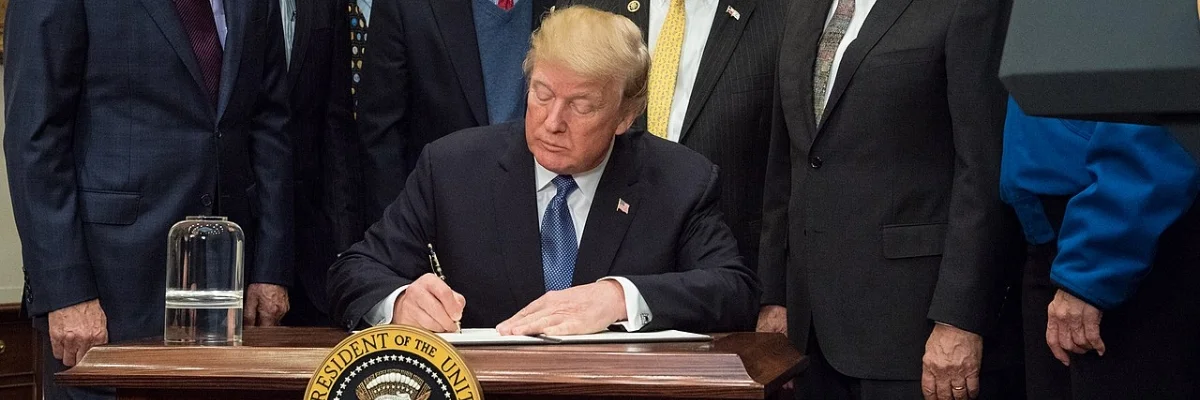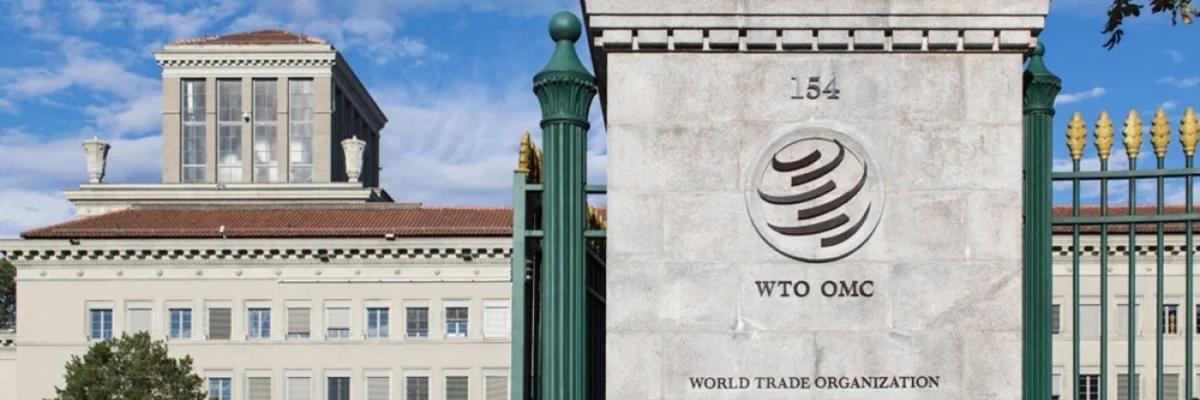◢ A few days ahead of an international meeting in which Iran’s efforts to improve anti-money laundering and counter-terrorist financing (AML/CFT) standards will be reviewed, Ayatollah Ali Khamenei appeared to pour cold water on the reform process. Yet, it is premature to assume that Iran’s consultations with the Financial Action Task Force (FATF) are suddenly over after two years of close coordination. As the FATF’s plenary meeting approaches, the stakes are high for Iran, which is seeking another extension for implementation of its action plan.
asdasdasdasdasdasdasdasdasdasd





















